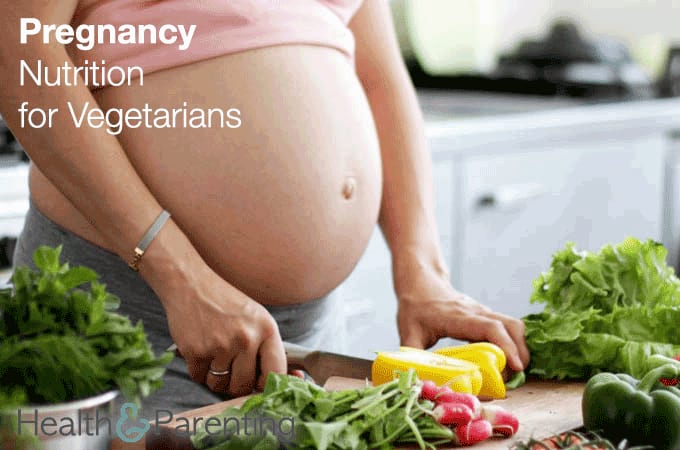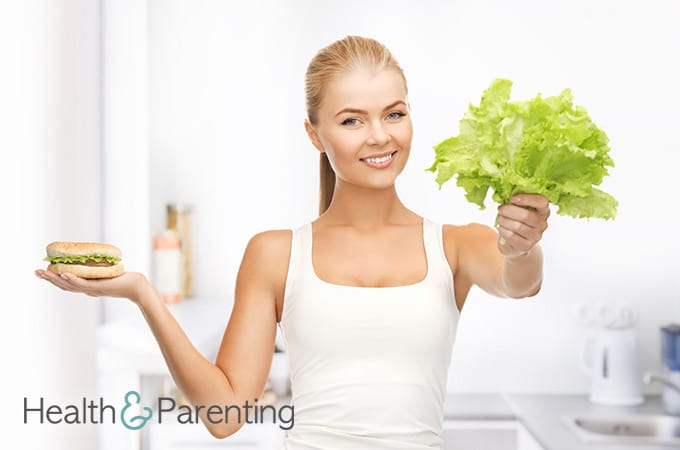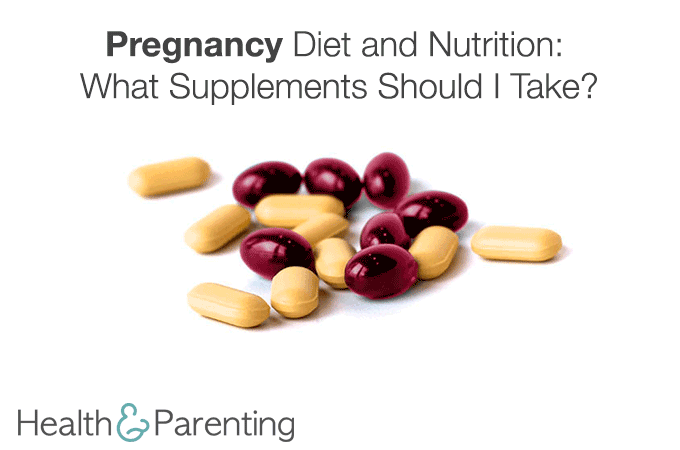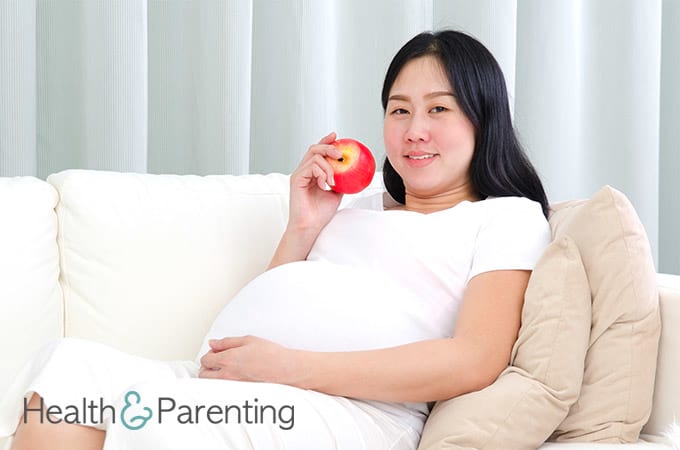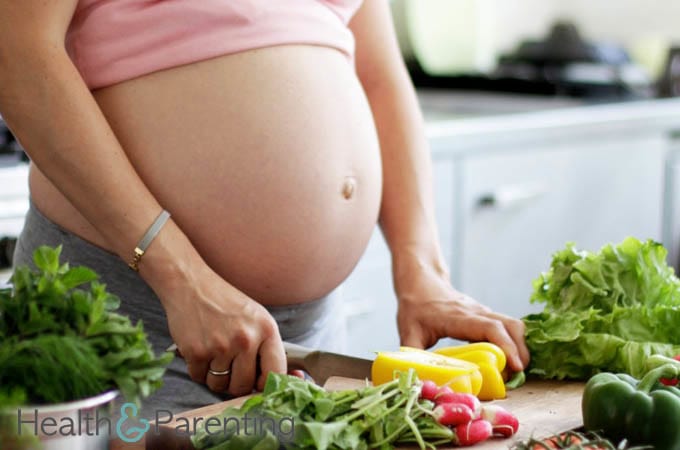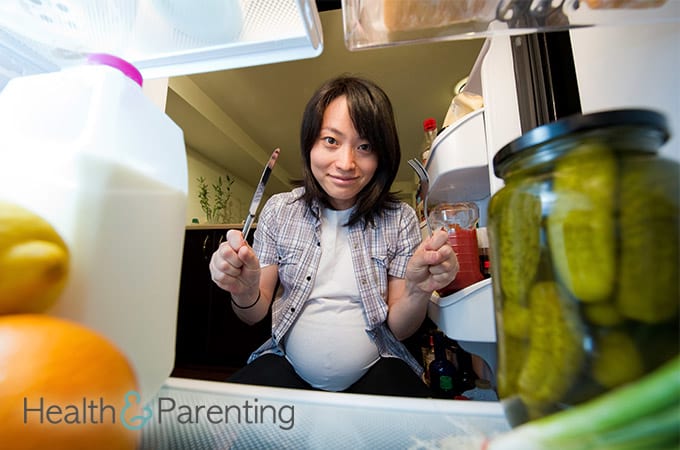Maybe you’ve been vegetarian your whole life, or maybe you’ve only recently starting eating that way. Whatever the case, now that you’re pregnant, you may be wondering if your diet is safe for your pregnancy.
Your baby still receives the needed nutrition to grow and develop while you follow your vegetarian diet plan. During pregnancy, it is important that you choose a wide variety of food that provide calories and protein for you and your baby. Depending on your vegetarian diet program, you may need to adjust your eating habits.
To help with your pregnancy nutrition, here are a few things you should know:
- For your pregnancy nutrition, you do not need extra calories for the first trimester. However, you need an extra 300 calories for the last six months, especially for the last trimester. You can get these from nutrient-rich foods that will help your baby grow.
- Choose foods rich in fibre and starch such as vegetables, rice, cereals, whole-grain breads, fruits, and pasta.
- Consume vitamin D rich foods or supplements to help your body use calcium. Adequate amounts of Vitamin D can be found in eggs, fish, fortified milk, and sunshine. Vegetarians should receive 10 to 15 minutes of sunlight directly to their face, arms, and hands, at least three times per week.
- Eat various foods to get all the pregnancy nutrition you need. If you do not eat eggs, dairy products, fish, and meat, you need to include other protein sources such as peanut butter, soy products, and tofu.
- Eat at least 3 servings of iron-rich foods per day. Sources of iron include leafy green vegetables, prunes, sweet potatoes, peas, grain products, broccoli, and eggs.
- Eat and drink at least 4 servings of calcium-rich foods per day. Sources of calcium include green leafy vegetables, tofu, seafood, dairy products, and dried beans or peas.
- Eat at least 2 source of folic acid a day. Food choices include black beans, chickpeas, lima beans, and black-eyed peas.
- Consume at least 1 source of vitamin A every other day. Sources of this vitamin are carrots, spinach, beet greens, cantaloupe, pumpkins, and apricots.
- Choose at least one source of Vitamin C a day such as honeydew, mustard greens, tomatoes, cauliflower, strawberries, oranges, and grapefruits.
- Eat at least 2 source of Vitamin B12 every day. Food sources include dairy products, fish and shellfish. Vegans are at risk of not consuming enough of this vitamin, thus a supplement is recommended.
- Avoid alcohol as part of your pregnancy nutrition as it may cause low birth weight and premature delivery.
- Limit your caffeine intake to 200 mg per day (12 oz cup).
- Limit salty foods as they cause water retention that makes you feel bloated.
- Limit your cholesterol intake to 30 mg per day.
- Decrease your fat intake to 30 percent.
- Do not try to lose weight during pregnancy.
Even though you are on a vegetarian diet, you are still capable of giving the right nutrients to your growing baby. It is just a matter of choosing the right food and getting enough protein, vitamins and minerals by diversifying what you eat.
This information is not intended to replace the advice of a trained medical doctor. Health & Parenting Ltd disclaims any liability for the decisions you make based on this information, which is provided to you on a general information basis only and not as a substitute for personalized medical advice. All contents copyright © Health & Parenting Ltd 2018. All rights reserved.

